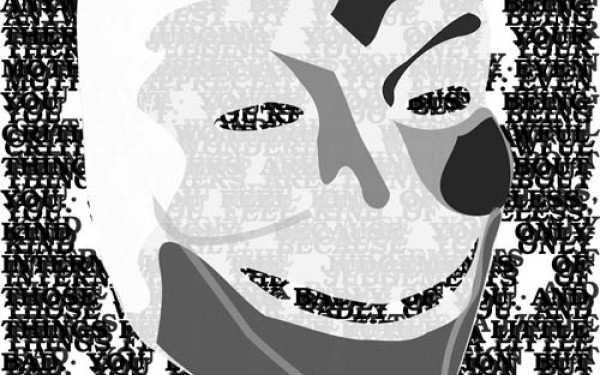GSA Fights Back Against Charges
Grad Student Presidents Sends Letter to University, Shepard
Graduate Students’ Association President Daria Saryan sent her counterpart, Concordia University President Alan Shepard, a public letter Thursday, asking him to drop all charges related to the strike.
Saryan wrote the letter, she said, not just for the three graduate students facing charges, but in support of all 26 students.
“Right now, our focus is to try and get all charges dropped,” Saryan said.
Saryan, along with GSA VP External Nadia Hausfather, have been trying a number of varied tactics to convince the university that these charges are not justifiable.
At the June 21 meeting of the Board of Governors, Saryan and Hausfather tried to give out cards to all the Governors asking for their support. Audience members, however, were not allowed in and they were unable to pass them out.
The two did manage to meet with VP Institutional Relations Bram Freedman. It was a meeting that, according to Hausfather, confirmed their suspicions that “Concordia administration as a whole does not understand collective democracy at general assemblies.”
“If the administration charged these students, why didn’t they also charge the GSA?” wrote Saryan in the letter sent to Shepard. “It is unfair to target individuals whose actions were based on a collective, democratic decision.”
The GSA has also been in touch with the Concordia Student Union and some of the undergrads facing charges, who feel the same way.
“This was a democratic decision taken by students to go on strike and block classes,” CSU President Schubert Laforest wrote in his executive report which will be present to council at Wednesday’s meeting.
Trevor Smith, one of the undergrads facing charges, made a similar comment to The Link in a previous interview.
With the letter, Saryan said the GSA wanted to “start a dialogue.” They are hoping to meet with Shepard at some point this week.
Saryan is optimistic, saying Shepard “definitely brings a new energy to the university.”
But no matter how the meeting goes, the GSA will continue attempting to get all charges dropped.
Laforest echoes the sentiments in his report.
“If we can’t get the charges dropped within the system, we may have to go outside,” he wrote. “It may very well be time to escalate.”
“If Concordia thinks that it’s going to be able to squash student protests through charges like this, it’s just not realistic,” Hausfather said, adding that the GSA will use this as an opportunity to make sure all graduate students are “aware of their rights.”
“In the past, we’ve seen that when students are aware of their rights, it usually leads to serious actions. If the intent of the university is to quiet students, it will probably backfire. It usually leads to more frustration, to more anger.”
To read Saryan’s letter in full, turn to page 19.

_900_600_90.jpg)

__thumb_600_375_90_s_c1.JPG)


